#i don't like the English
Explore tagged Tumblr posts
Note
To the person who was asking about Ben's family, I was sat right next to his parents at his London show and someone asked if the empty seats next to them were free not knowing who they were. Ben's dad responded curtly 'they're reserved, the sign says so'. Not the worst thing but like, there are so many ways to answer that without being rude y'know. Do with that what you will
I will allow this. Obviously they won't sit near the peasants like muffins let's be real here xd
Or ye know, golden VIP package seats or whatever loool
#i mean I do have a certain distaste#i don't like the English#to be fair I don't like majority of the irish either#like they have this culturally imbreeded racism and xenophobia in them but they think of themselves as so open and progressive#but let's not get political again#see I believe that Benny and his kin would go travel private like TS if they could really afford it#like he gotta have all his tendencies from somewhere#i will admit that some of it is just Benny going full cali celebrtity#but he was a pretentious kid with an overblown ego even back when he was putting on that extra tan for Caspian#HERE I SAID IT#don't google Benny and service workers stories#no reason here
3 notes
·
View notes
Text


(Which arm, Viktor, huh ? Which one ??)
They were not a couple so, Jayce (who had a very bad day and just wanted to hug it out) proceeded to freak out, backed out of the lab and never mentioned it again but, Astral Viktor, that mf ? He'd be delighted to remind Jayce of that moment in time, of that missed call and watch him die from embarrassment and resentment over himself

(I'm glad they've never beaten the gay allegations and never will)
#Viktor you cold-handed Zaunite rascal#give Jayce a break#he's overheating#arcane#jayce talis#viktor#jayvik#fanart#art#arcane fanart#my art#league of legends#artists on tumblr#arcane netflix#Viktor's arms look like some kind of velociraptor sticky paws in the first pic.....#I like using that partially chibi style from time to time when I'm doing those kind of short comic strips#or when I don't want to bother myself with too much realism nor complicated coloring#also I hope my english is good enough bc that was a lot more text to write on these drawings that I'm usually used to#(btw that's also my personal backstory for Viktor's idea of a third arm haha)
10K notes
·
View notes
Text




One of one. One, alone, one.
#my stuff#transformers#maccadam#orion pax#d 16#d 16 x orion pax#megop#transformers one#megatron#optimus prime#megaop#I spent like an hour today reading poetry and getting mad at dumb stuff SO that's why this exists. Sorry for the lame poetry#I did what I could with the meager words i have#also english is NOT my language and i much MUCH prefer poetry in spanish#anyway I don't draw the tf1 versions of these two cuz it's so hard man#so many details#this took a couple of hours cuz i still refuse to take more than 2 hrs per page... and I'm forbidding myself from using anything but black#ok good night#si está pitero está pitero ya alv
5K notes
·
View notes
Text


incredible translation of sheeesh thank you google
#german stuff#like listen idk how i would translate sheesh but my first thought would not have been meine güte#or even my second or third thought#actually sheesh is probably best left untranslated#also don't ask me why youtube is offering to translate to german in the first place even tho i've set the app to english#rhys's pieces
6K notes
·
View notes
Text


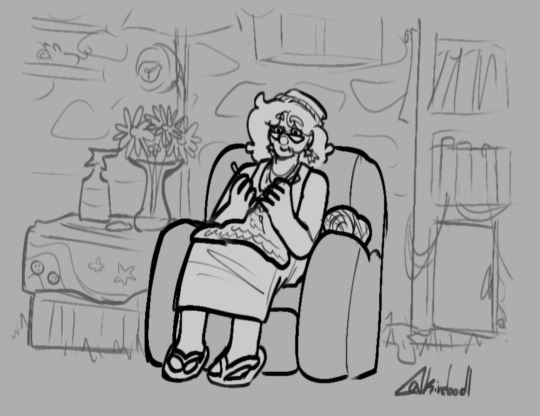

A little Relativity Falls comic, yippie! :3
also here have some extra doodles as to what happened after they actually got there

#Please excuse my English AND my piss poor attempt at writing in cursive#Also like I'd imagine in my version of this au instead of finding a mech Gobblewonker they find the living island that dipper found in ->#The short “the tooth”. So like they go to the island and see this tooth and are like “well that's weird” AND THEN BADA BING BADA BOOM#gravity falls#gravity falls au#relativity falls#relativity falls au#art#artists on tumblr#stanley pines#stan pines#lee pines#stanford pines#ford pines#fiddleford mcgucket#young fiddleford#fiddleford hadron mcgucket#mabel pines#grauntie mabel#The Legend of the Gobblewonker#More like The legend of the tooth lmao lmao eh eh?#comic art#Sorta#I haven't made comics in years bro#If you see any mistakes no you don't
871 notes
·
View notes
Text
challengers twitter pointed out something very cool: art's coach speaking to him in german!
the subs says "just invite her to serve." (which doesn't make any sense? and art doesn't even go to her after that lmao?) but he apparently actually says "wirf den ball etwas höher." which means "throw the ball a little higher.".
so art knows what patrick's house looks like which means he went there, he understands when his coach speaks to him in german and he's the only one who can pronounce "zweig", a german surname, the right way.
art learning german for patrick and spending holidays with him and his family is canon, i don't make the rules.

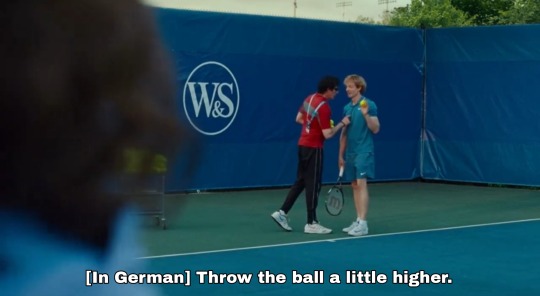
#challengers#art donaldson#patrick zweig#idk if a lot of people actually noticed that but i didn't so!!#showing intimacy in such subtle ways... challengers knows how to talk to me#artrick#patrickart#artpatrick#“ZWWWWEIG” lol#anyway putting little nice things like this for non english speakers only to understand is so cool#this with germans#pensiero stupendo for italians#“l'oeuf” track (beach scene) being pronounced “love” for the french#to me; a french person; “l'oeuf” sounds more like “laugh” but i don't see why it would be called like that#and “love” obviously fits the track and their discussion on the beach wayyyy more so#anyway i love it#idk if i prefer art learning german for patrick OR patrick teaching art some german#art wanting to learn SO patrick taught him is the best i think
1K notes
·
View notes
Text
Etoiles: Guys, can we please– can we please give the $100k to Felipe?
Roier: Eh? What the fu– Ay ay ay ay– pendejos! Don't speak English, ok? Español. ¡Español!
Etoiles: Uh, uh, uh– [Singing] ¡Un, dos, tres!
Roier: [Also singing] Un, dos, tres, un pasito pa'lante María–
Phil: [In despair] ¡Inglés! Por favor!!! 😫
Roier: No, Inglés no, Inglés no. 😌
Phil: Inglés, por– 😭
Roier: Aqui Español, aqui Español. 🇲🇽 🇲🇽 🇲🇽
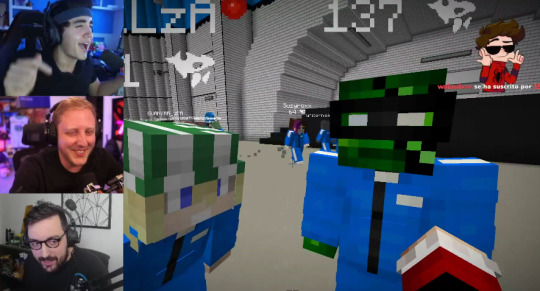
#Philza#Roier#Etoiles#Squidcraft#Squidcraft 3#Edited#Sorry I don't have it in me to do a full transcript rn#November 12 2024#Good for Roier.#No more catering to English-only speakers 🔥🔥🔥 Be free 🔥🔥🔥#It's very funny though because of all the QSMP English speakers Phil and Fit were consistently very conscious of the whole#''Other people having to cater to English speakers'' thing#Even today Fit was saying he didn't want to join Pac and Bagi's VC because he didn't want to make them feel like they HAD to speak English#Nice moments#But also Roier doubling down on this is lovely. You love to see it#Did the best I could to fix everyone's audio levels
679 notes
·
View notes
Text



Some drawings of Solas and my Lavellan. Idc that their story in games is over as they are still live in my head💃
#solas#lavellan#aideen lavellan#inquisitor lavellan#fen'harel#dragon age#dragon age inquisition#Blood mage lavellan? blood mage lavellan.#My Aideen is uh “slightly” different in character from the canonical DA inquisitor#as is her entire relationship with Solas.#I mean solavellan ending from veilguard doesn't suit me in the context of my Lavellan no matter how nice it may be#but maybe I won't mention veilguard anymore because uh#I would like to show their relationships and history somehow but uh it's hard#especially since I don't feel super confident in drawing comics or writing in English 😔#but uh she is very chaotic#and their relationship is very chaotic#both in silly and angsty way xD#Okay I'll stop yapping#my art#solavellan
310 notes
·
View notes
Text
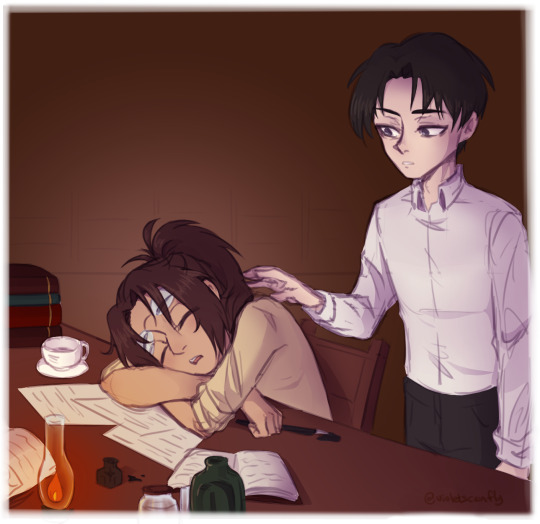
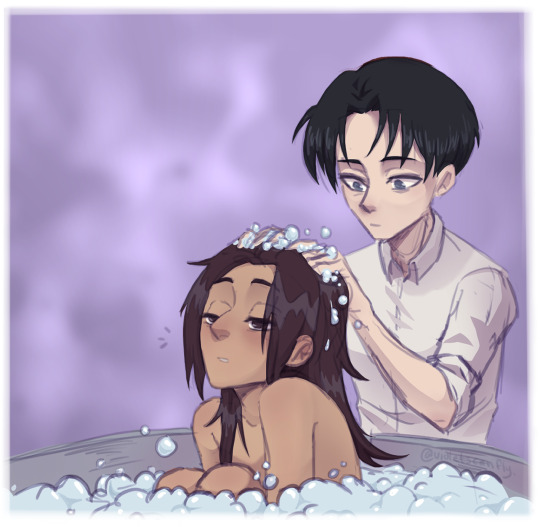


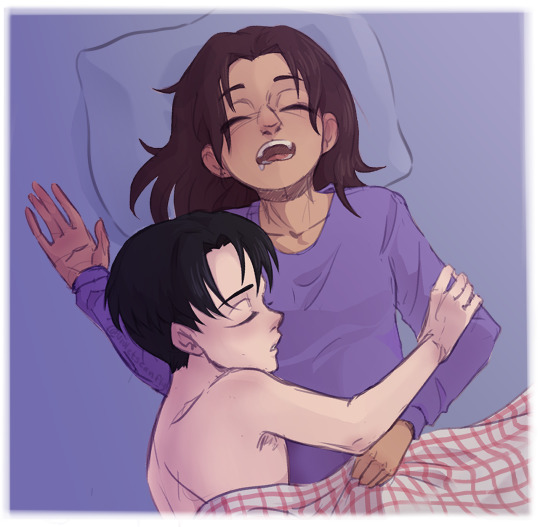
How to care for your scientist - a visual guide
#so at the start of summer my friend was like “so did you ever finish attack on titan?”#and as it turned out I hadn't cause I watched season 1 way back when my english was not good yet and my experience was like wtf is happenin#and then she was like ok we're watching it#and I put my clown make-up and was like ok sure I don't think this will affect me in any major way#what a fool I was#and of course I just had to zero in onto the grumpy x sunshine#hange I love you with all my heart why would you do this to me I'm not ok#so now I'm coping with soft au shit what about it#arguably canon in some aspects ehehehe#let me have this#i think that's enough rambling#attack on titan#shingeki no kyojin#aot#snk#levihan#levi x hanji#hanji zoe#hange zoe#levi ackerman#aot fanart#snk fanart#attack on titan fanart#violetscanfly
672 notes
·
View notes
Text
one of the things about being an educator is that you hear what parents want their kids to be able to do a lot. they want their kid to be an astronaut or a ballerina or a politician. they want them to get off that damn phone. be better about socializing. stop spending so much time indoors. learn to control their own temper. to just "fucking listen", which means to be obedient.
one of the things i learned in my pedagogy classes is that it's almost always easier to roleplay how you want someone to act. it's almost always easier to explain why a rule exists, rather than simply setting the rule and demanding adherence.
i want my kids to be kind. i want them to ask me what book they should read next, and i want to read that book with them so we can discuss it. i want my kid to be able to tell me hey that hurt my feelings without worrying i'll punish them. i want my kid to be proud of small things and come running up to me to tell me about them. i want them to say "nah, i get why this rule exists, but i get to hate it" and know that i don't need them to be grateful-for-the-roof-overhead while washing the dishes. i want them to teach me things. i want them to say - this isn't safe. i'm calling my mom and getting out of this. i want them to hear me apologize when i do fuck up; and i want them to want to come home.
the other day a parent was telling me she didn't understand why her kid "just got so angry." this woman had flown off the handle at me.
my dad - traditional catholic that he is - resents my sentiment of "gentle parenting". he says they'll grow up spoiled, horrible, pretentious. granola, he spits.
i am going to be kind to them. i am going to set the example, i think. and whatever they choose become in the meantime - i'm going to love them for it.
#writeblr#i was doing a lot with high school students. over and over again#other teachers kept asking me what i was doing differently - why the kids listened to me. i am not particularly foreboding#and i have a pretty firm personal policy of never reacting in anger#godhelpme.#i was always kind of taken aback#because in general the kids were pretty easy. i explained i needed to keep everything “PG-13” because this was my workplace#and it was kind of their workplace#too. besides#i love swearing#and since i couldn't swear#neither could they - so if they were going to say “fuck” or become violent#they needed to choose a really specific time#because we only get “the one”.. sure enough - nobody wanted to waste the one very specific “fuck” utterance. kids listened.#i think just because - that rule makes sense. the kids understand that i don't want to be unfair to them#that censorship is stupid#but that i'm under these rules too so like let's ride it out together#also i look young and tbh between me and u nobody wants to make the nice english teacher cry#the way these kids defended me to their friends was really genuinely so heartwarming bc the Grouchy Frat Boy#would be like MISS RAQUEL DOESN'T DESERVE THAT KIND OF AN ATTITUDE BRO DON'T TALK BACK TO HER
5K notes
·
View notes
Text
Once the theatre monkey discovers angsty broadway musicals its all over y'all
or: I got a new personal project I'm workin' on! I'm at the first pass on the animatic rn! I forgot that 'generate matte' is a thing you can do in SB Pro for a whole hour!! I'm suffering!!!
#lmk#lego monkie kid#animatic#wip#storyboarding#fanart#six eared macaque#liu'er mihou#lmk macaque#shadowpeach#sun wukong is not here but he is haunting the mini-narrative#mac thinks HE's doing the haunting lol nah dude your ex-mans is living rent-free in ur cranium#I heard this song in a 'cartoon villain playlist' and only learned later it was from a play and went like:#“and i can feel bitter shadowpeach feels in this chilis tonight”#something something Denial something something river in Egypt#this is what happens when u don't talk about your feelings#POV: you're on the downward spiral but you're taking it like a waterslide#for real my favorite part of mac's character arc is where he's justifiably Bitter About It#but that won't stop him from being UNjustifiably a huge piece of work and Extremely Biased about it#it being the past events where two monkies both managed to fumble the bag in adjacent but slightly different ways#macaque ilu but u are not genre-savvy sometimes#i know mac is a chinese character BUT#he would totally spell theatre <- this way if he learned to read/write in english#i actually headcanon that his magical celestial monkey hearing would make it REALLY easy to pick up new languages but not the writing#oop i forgot: song is For The Record from 36 Questions#which I have not seen so idk how thematically relevant the og song context will be here
336 notes
·
View notes
Text






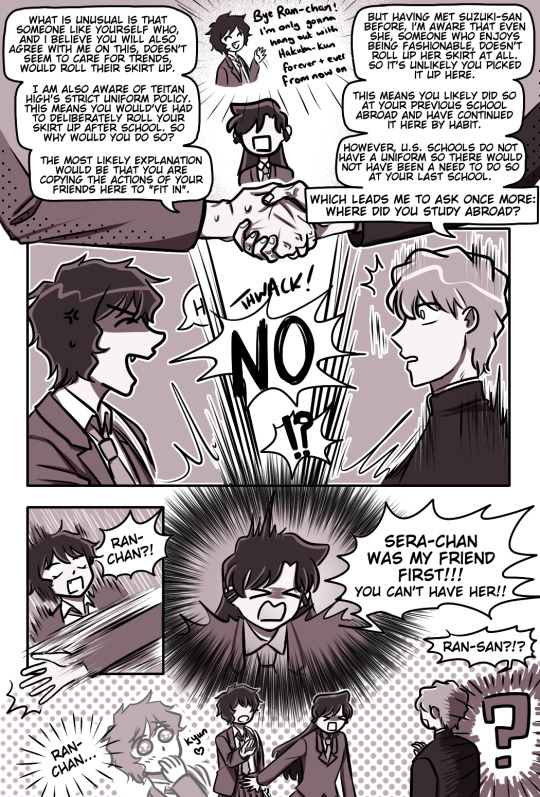

last part! 3/3
Ran would like it very much if random detectives stopped dropping in to steal her detectives away
Context | Girl's Side
#dcmk#detective conan#mouri ran#sera masumi#hakuba saguru#my art#sera canonically speaks the queen's english apparently#and i know she only “slips up” pretending to be american when she wants conan to notice#but i also 100% believe the only reason she has gotten away with it so far is bc she's in japan#rip to conan who took 5 years to work it out but professional brit hakuba saguru is built different#also in that red woman case- sera was like 'isn't this bat too thin?' to imply that she's only seen cricket bats#what are you on about sera you grew up in japan you lived there for 13 years you know what baseball is#and in fact if she was an english high school girl she probably played more rounders than cricket but that's ok#i don't expect gosho to do that much research about the uk
290 notes
·
View notes
Text
personally i don't vibe with the english they/them because when referring to a known person it feels kind of intentionally ambiguous. which is not my relationship with gender. i want uncaring ambiguity. irrelevance. i want language to be completely and utterly uninterested in my gender. like in estonian where grammatical gender just does not exist. yeah this is a great idea everyone go learn estonian right now, starting today i will not be accepting any pronouns except tema/teda
#random stuff#honestly though i don't really care about english pronouns since for me it's a pretty much internet only thing#but if it was my first language i'd probably be havinh troubles#at least english is not like russian where you also have to use gendered language when referring your own self 🙃#estonian rules. don't be scared by the 14 cases it's not as bad as it sounds i promise#eestiblr#< i guess? sure why not
384 notes
·
View notes
Text
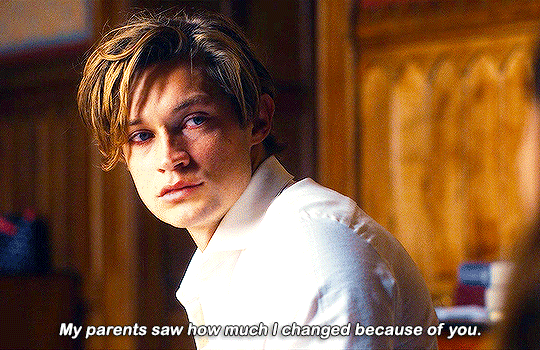
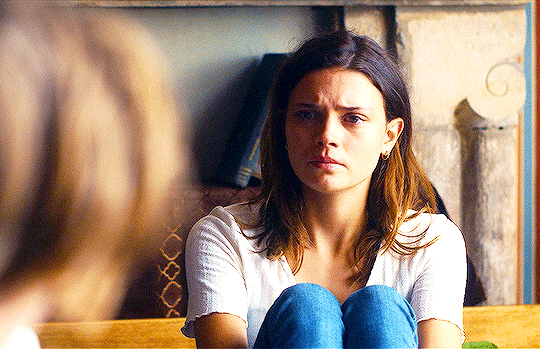
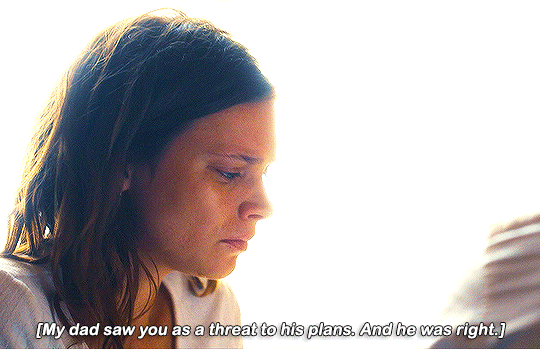
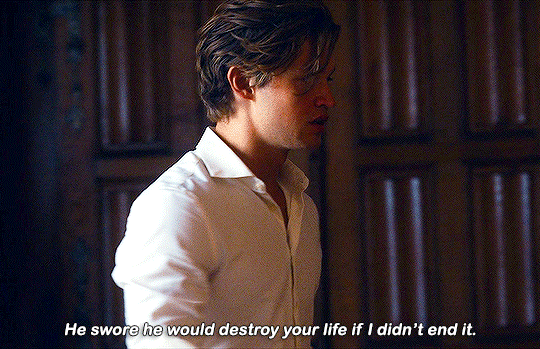
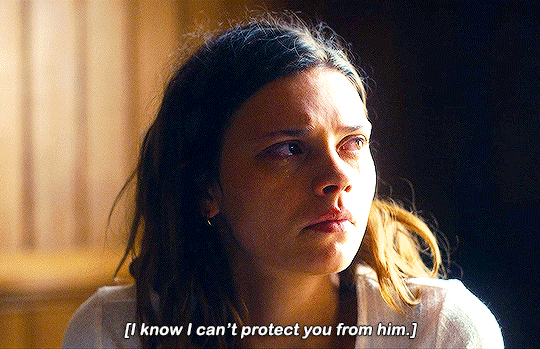

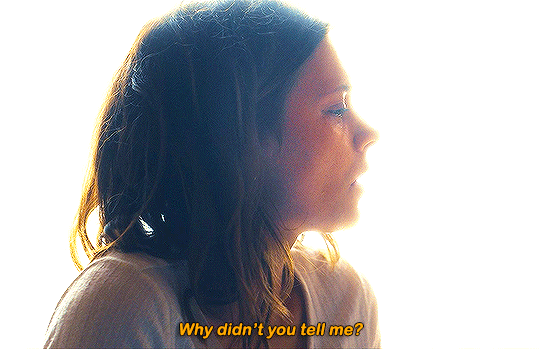
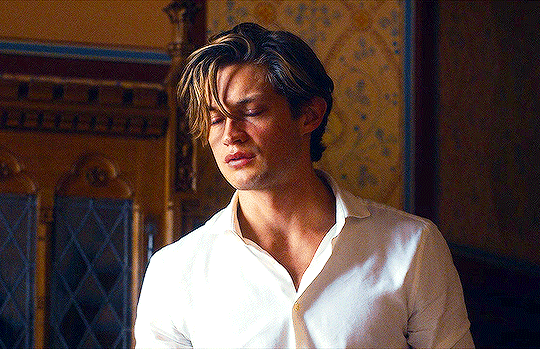
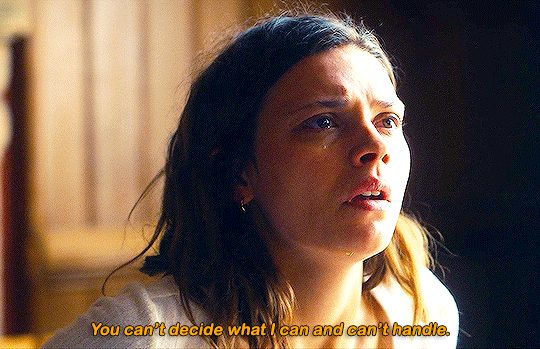
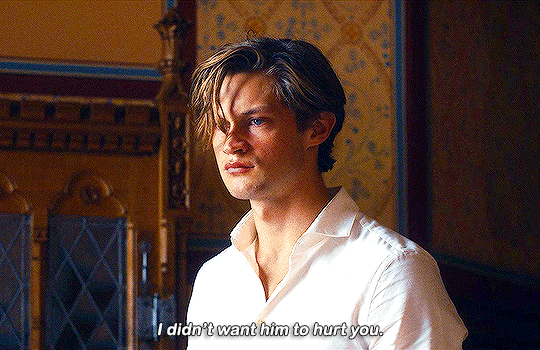
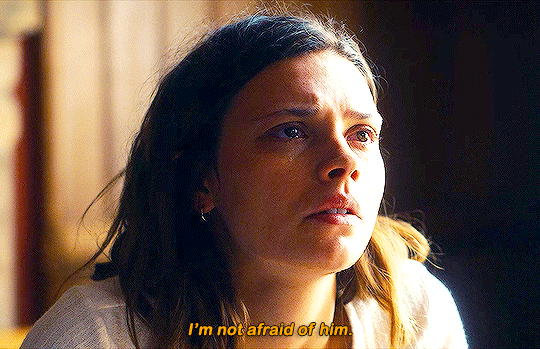
RUBY BELL AND JAMES BEAUFORT 1.06 | Maxton Hall
#maxtonhalledit#bellfortedit#maxton hall#bellfort#ruby bell#james beaufort#tvedit#tvarchive#cinematv#otpsource#filmtvcentral#userthing#usergrace#usersnat#userbbelcher#sincerelygabby#mygifs#ngl writing english subs for a german show was strange sksksks#but it's so refreshing to watch a show in german for once#and also LOVING IT bc german shows are usually cringe#i wanted to gif the whole scene but that would have ended in 20 gifs or more lol#i don't like this colouring but i'm too lazy to change it AGAIN i've been trying for DAYS#her in front of that big ass window 😤
958 notes
·
View notes
Text


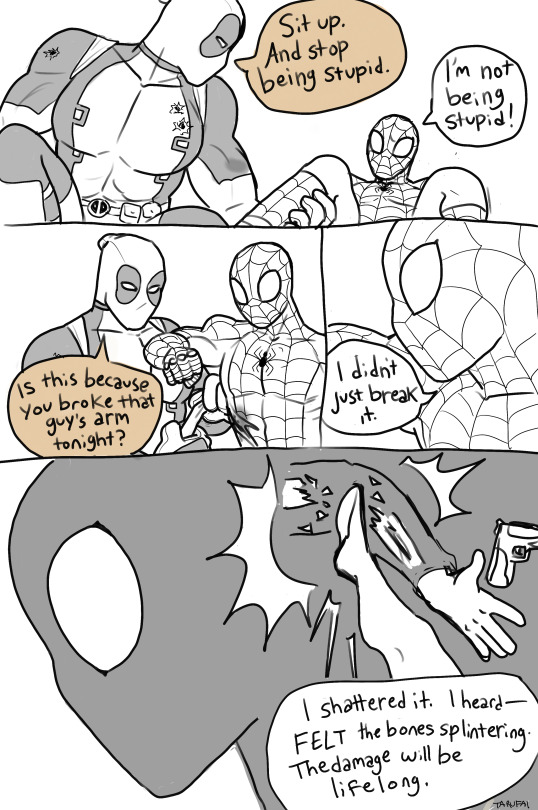
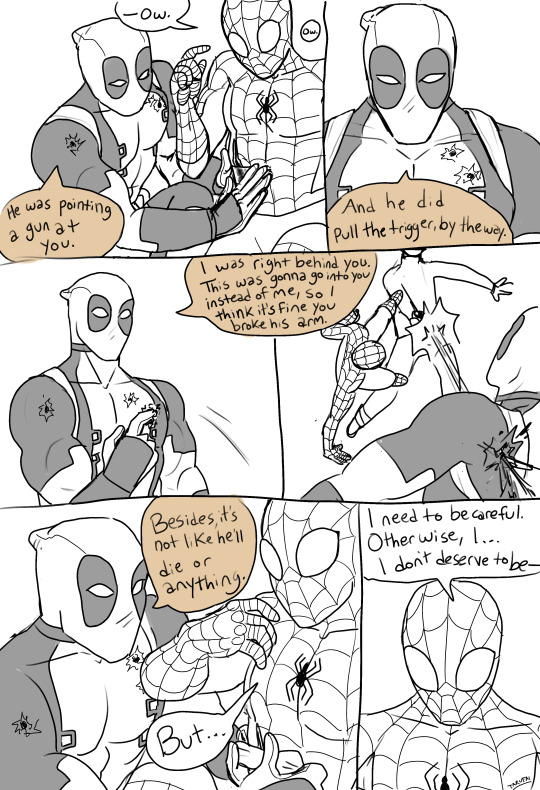
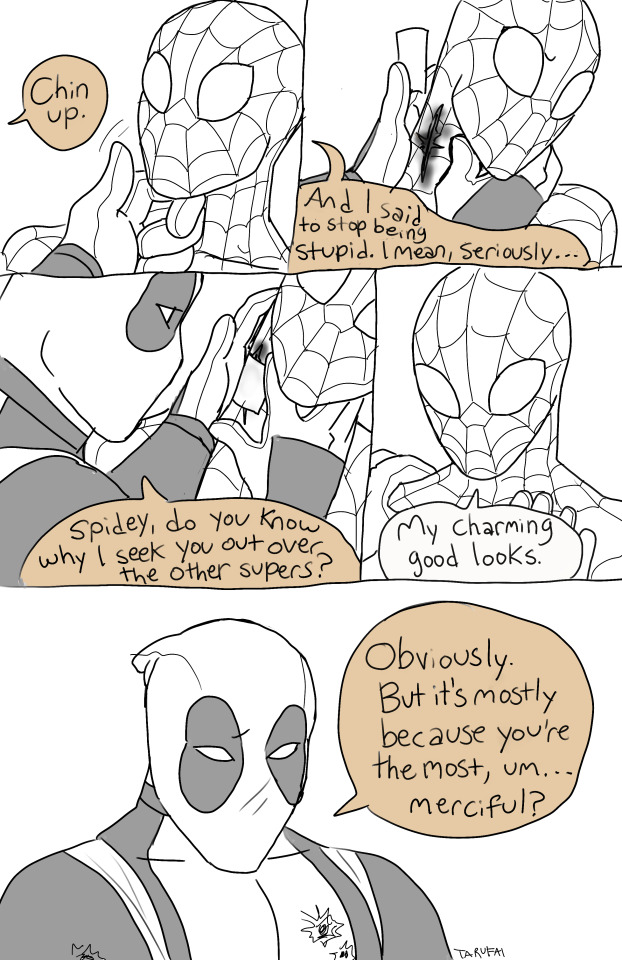
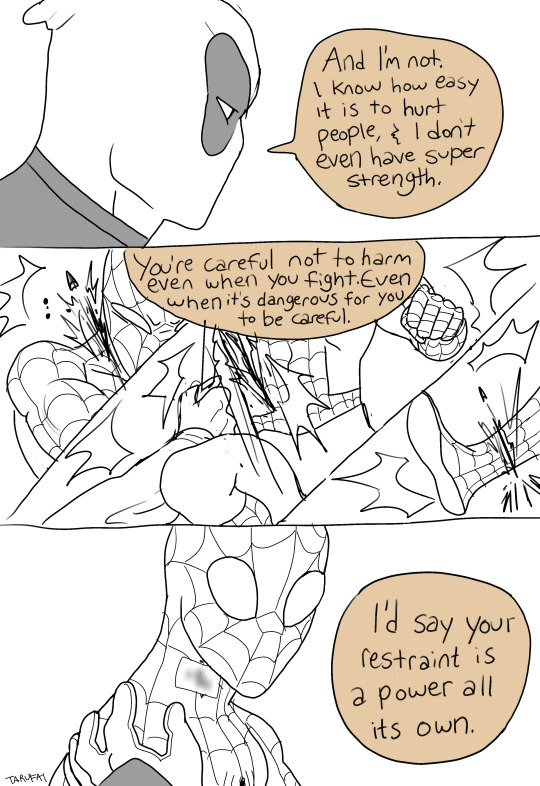

#spiderman#deadpool#spideypool#comic#I did this for a class#an ENGLISH class#but we're learning about comics as literature and for the most recent paper we had an option to make a comic#and the main theme we're studying this semester is power so i made this#anyway I forgot how goddamn hard these two are to draw#I hate how complicated their costumes are like its so unnecessary#but I also think this is the most accurately I've drawn them#and they looked consistent through this whole thing#so I'm really proud of myself#and yes this is gay but i'm imagining that in this scene they don't realize they have feelings for each other yet hee hee#some of these were fuckin hard angles too what was i doing to myself!!! this was hard af!!! wtf!!!#and to be honest i drew all of this yesterday and today!!! that was so much drawing!!! og my god!!!#but it was fun he he#except i will always hate the webs on spideys costume. hell world#they have to look such a specific way and it is not easy#enough rambling. enjoy#also sorry im reuploading this because i had accidentally colored in one of spideys speech bubbles as yellow
967 notes
·
View notes
Text
John and Nikolai finally have time to spend an evening together, but John came back exhausted from an op and is now fighting to stay awake for Nikolai's sake, while Nik really only wants him to rest.
(Just a little bit nsfw at the beginning)
...
"Are you sure you are up for this, John?"
Nikolai wasn't a fool, he could see the exhaustion on John's face, the way his eyelids felt heavier than the dumbbells he was used to pulling almost every day, the heavy bags under his tired eyes. It was a good sight, a more vulnerable side of John he wasn’t used to showing to the world. To allow himself to drop his guard enough to fall asleep by someone’s side, well, Nik certainly felt like the luckiest man in the world.
“I am… want to make you feel good….”
Those last words were barely coherent, John’s speech getting worse and worse with each passing minute he was fighting to stay awake. It was adorable.
“Right. So if I asked for your lips around my cock, you would do it?”
Nik was teasing him, a wide smile on his face as he observed John’s reaction, or lack thereof, as the captain stared vacantly at him, his eyes barely open. For a second, Nik assumed that John had finally fallen asleep, until his hand moved, brushing his tired face with the back of it.
“Just fuck me, Nik, c’mon.”
A gentle and quiet laugh was Nik’s response. If there was one thing John Price was, it was stubborn. Unless he physically restrained him and tightly tucked him under a blanket, this wasn’t a fight he had a chance to win. There were, however, many ways to win a fight.
“Da, let me get to it then.”
It was getting difficult for Nikolai to stop himself from laughing. John was laying on their bed, absorbed by the pillows and the blankets, like he was floating above a cloud. Nik stood on his knees between John’s legs, hands gently brushing the inside of his thigh.
Spending time together was always a difficult task when both John and Nikolai spent their days on different sides of the world, dodging bullets and risking their lives. It was rare for them to be on the same continent, let alone the same room, despite how much they wanted it.
When the two finally had some free time to spend together, Nikolai always wanted to do something special for John: taking him on dates, making him try food he knew he would love, fly him to a secluded place and make love to him under the stars. He wanted to make up for lost time, of course, and John knew that, a slight leftover of guilt left in the captain’s heart over the years he had wasted being too scared of this relationship.
But, sometimes, all they got was a single night together, shared after John came back from an op. Often times, he was exhausted, bruised, and needed rest more than he needed any more adventures. This was such a case, as Gaz had informed Nikolai earlier that no one in the team had been able to get any shut eyes in the past forty hours. John was exhausted, but he was as stubborn as they came and had assured Nik that he was up for this. Right.
A soft smile still on his lips, Nikolai bent down, kissing the naked skin of his lover’s hips, while his hands kept wandering around the lower parts of his body, his thighs so perfect under his fingers. A low groan escaped John’s throat, a quick glance confirming that his eyes were now fully closed. Not yet asleep, however, and so Nik continued, leaving kisses on his belly and ribs, hands still massaging him as best he could, soft sounds coming from John until eventually, his breathing changed, slowing down, limbs going limp.
Nikolai smiled softly as he pulled himself up, resting next to John as he dragged a blanket on top of their naked bodies. He allowed himself, for a moment, to just observe the now asleep man next to him.
There was a sternness to John that immediately disappeared when he was sleeping, his brow relaxing, his jaw less tense, at peace, finally. Nikolai knew that his dreams wouldn’t be comforting, they never had been and probably never would be, but he was here, for him, ready to pull him closer when needed, ready to kiss the nape of his neck as his arms wrapped themselves around his shape.
Perhaps Nik was a selfish man. He had pondered this thought many, many times in the past. To want something as much as he wanted John, to crave him like he was the only thing that mattered, it had been maddening, and still he waited. Now that John finally was his, there was nothing in this world that could pull him away from him. He had waited for so many years, that spending some time watching the other half of his heart slowly drift to sleep as they laid in bed together felt like a well-earned reward. And if that made him a selfish man, well then to hell with it.
“Good night, John.”
His voice was barely a whisper as his fingers brushed his lover’s hair, gently kissing his cheek. There were no reactions from John, and Nikolai allowed himself to close his eyes as well, a hand resting against John’s chest, right above his heart. There, in the quiet intimacy of the night, he could almost feel it beat under his palm, the perfect lullaby to lure him to sleep.
#cod#nikprice#cod nikolai#john price#nikolai cod#captain price#captain john price#prikolai#okay I wanted to post this another day but BRRRR I got impatient#I'm always shy when posting fics PIVSJVPI I hope it's okay#I don't know english don't look at me#my writing#Funny enough I was also falling asleep while writing this yesterday#and then got weird ass nightmares#idk I just wanted to write John falling asleep mid sex but they didn't even get to the sex VJSDIVHJNSIUV#oh btw I would love some constructive criticism on my writing if anyone feels like it 👉👈#it's tough when English isn't your first language to know where you stand with your writing tbh#but yeah just don't hesitate if you feel like it 👍🫡
186 notes
·
View notes